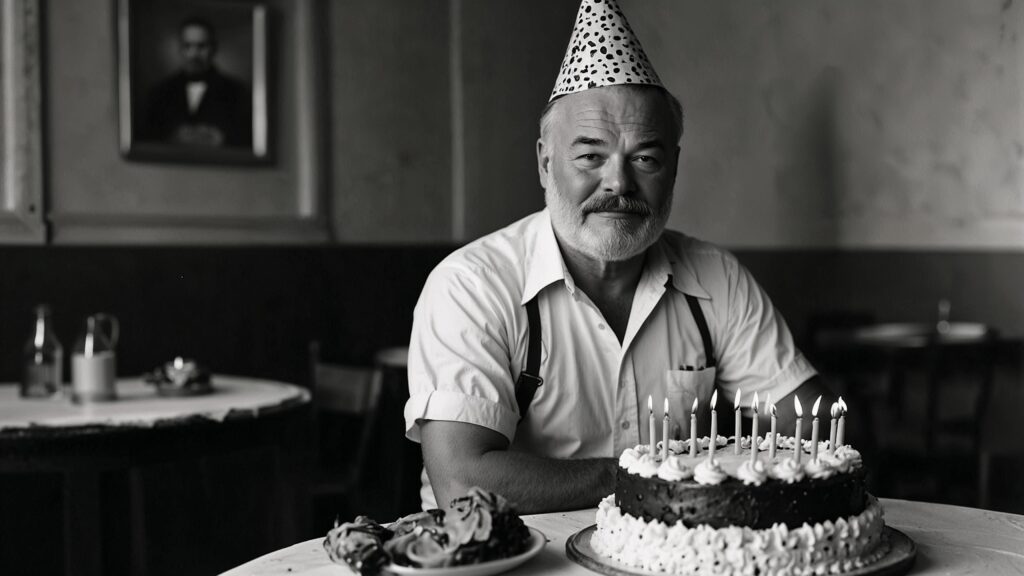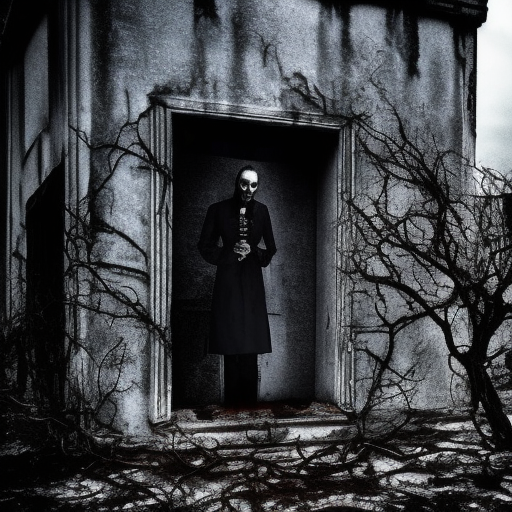I’m gonna let you in on a bit of a secret, dear reader: my favorite book, my favorite story, ever, the one that has captured my psyche and imagination since the first time I heard it, at the age of six, is The Count of Monte Cristo by Alexandre Dumas. The movie was going to be on TV back then, and my father seemed very interested in watching it (back then, nothing was on-demand: the three networks showed what they showed when they showed it, and if that didn’t work out with your schedule, tough shit – you didn’t get to see it. My father, as I recall, had done a bit of schedule adjusting and planning to watch this movie). Before it started, I asked him what it was about, and he told me: a young man is betrayed by his friends and acquaintances, even the woman he loves. His friends conspire and lie and have the young man thrown in a gothic abomination of a prison for life for a crime he didn’t commit. While he’s in prison, his father suffers greatly due to his son’s imprisonment and eventually dies from grief and poverty. But then the young man escapes, finds a massive treasure, gets a new identity, and sets about taking his revenge on all those who betrayed him. And that clicked so strongly in my head that I suspect my father actually heard the click. I couldn’t imagine a more righteous fight: escaping from wrongful punishment and destroying those who were behind its infliction.
So then we watched the movie. Back then, I thought most of what my father watched on TV (i.e., not cartoons) was boring. Not that night. That night I watched the entirety of the movie absolutely rapt. I learned the young man’s name was Edmond Dantès, and he was my kindred spirit…or at least the first time I related to anyone, fictional or otherwise, in that way. I also learned the best revenge is played in the long game. It requires patience and unwavering will power to endure suffering and neglect. I learned a lot of things that night…a surprising amount. I didn’t know it at the time, but the experience of that story would be formative. From that moment until right now as I’m sitting here typing this, revenge was, is, and likely always will be my biggest motivator. Seriously. Fear not, dear reader…I’m aware of how problematic this is, and I have spent a great deal of time on various mental health professionals’ couches “dealing” with it. For a while, on the advice and under the care of one such professional, I attempt to “let it go.” All of it. Quit viewing life as time to take out those on The List and spend my time in my head doing something else…feeling gratitude or some such hippie hooey. I spent a couple years trying (I mean really trying) and failing (I mean really failing) to meditate. Hell, I went to hypnotherapist about it. Which was interesting, and those closest to me at the time noted that I was “a lot nicer,” but alas, it didn’t really take. After a couple of awkward years, I said “fuck it” and went back to my vengeful ways. It felt like coming home. During a very uncomfortable time in my life, I was suddenly comforted.
Okay…gotta stop…all of this belongs in the book. Besides, this isn’t supposed to be about me. This is supposed to be about the birthday boy…the author of my favorite book.
Alexandre Dumas was born on this day in 1802, and if there’s any justice in the afterworld, the man is somewhere today picking sword fights with angels and uncorking bottles of celestial champagne. He was larger than this messy, meat-grinding life – an unapologetic tornado of appetite, ambition, and literary brilliance. This was the guy who gave us not only The Count of Monte Cristo, but also the more popular The Three Musketeers, which is, while I was diving into the story of the Count, what the other kids in my class were into. He wrote about six jillion other tales of intrigue, betrayal, and swagger-dripping heroism.
But here’s the thing. Among all his triumphs – and there are many – it’s The Count that sits at the top of the mountain, an exquisite cocktail of vengeance service ice-cold and spiked with the kind of high-stakes drama most writers can only fantasize about. Reading it (for me) is like stepping onto a battlefield armed with rage, cunning, and a self-righteous thirst that could flatten nations. And yet, my one complaint – with zero apology – is that Edmond Dantès, the Count himself, wimps out at the finish line. Forgiveness? Redemption? Goddammit, no! No, no, no. Not in this house.
I am, as usual, almost completely alone in my opinion, here. The Count of Monte Cristo is a supposed to be a redemption story, the redemption happening when Edmond/The Count realizes that his quest for revenge, which is a thing of absolutely beauty in my book, has consumed him and caused suffering to others (well, yeah! Why else embark on a quest for revenge?) including “innocent” people (in my world this is known as “collateral damage”). If you want to make an omelet, you’ve got to break some eggs. But the Count suddenly seems to misplace his balls somewhere and decides to forgive his enemies and let go of his hatred. Apparently the Count is capable of this, and good for him, I guess. But this part of the story, when he just goes soft and starts listening to Taylor Swift and watching Disney content, is always a crushing disappointment for yrs. truly.
Here…allow me to elaborate a tad. Imagine being Dantès. Twenty-something, engaged to a beautiful woman, on the verge of your life’s dream, and then BAM! A Machiavellian screwjob of the highest order. Then you’re framed for treason, locked away in some wretched dungeon while your enemies profit from your ruin. One guy marries your fiancée, for chrissakes! Another climbs the career ladder using your blood as rungs. But then, you escape! Against all odds, you claw your way back into the land of the living, armed with a new name, a pile of Fuck You money and Titanic-level resources, and one singular purpose: make everyone who destroyed you pay.
For most of the book, Dantès embodies vengeance in its purest, most operatic form. A chess master orchestrating ruin with surgical precision. Poisonings, psychological warfare, financial annihilation – his betrayers are crushed one by one beneath the weight of their own sins, which he amplifies like some vengeful, God-tier conductor. It’s satisfying in that primal, blood-thirsty way that it seems humanity doesn’t really like to admit. This is revenge as art.
But then. Then. After something like 1400 glorious pages of well-earned savagery, Dantès does the unthinkable – he gets soft. He fucking forgives. He decides vengeance has consumed too much of his soul or whatever philosophical drivel we’re meant to accept as closure. Sure, maybe that makes him a “better person,” but some of us don’t read The Count of Monte Cristo for moral improvement. Some of us want to see these backstabbing weasels buried six feet under with nothing but ruinous regret to keep them company. Redemption is Disneyesque, kindergarten nonsense. I want scorched earth. Blood. I want heads on spikes.
Which isn’t to say that the book is anything less than one of the greatest novels ever written. I just rewrite the last chapters in my head every time I finish it – and in my version, no one crawls out unscathed. Danglars doesn’t get to slink off after losing his fortune. Fernand doesn’t bite his own bullet just because he happens to feel bad at the end. No. They all go down. Every. Single. One. That’s the ending I celebrate.
Still, Dumas, even at his softest, deserves nothing but awe. The man was a magician, telling timeless stories while also bedding half of Europe and shaking hands with history itself. (The guy once fought a duel once over a nasty theater review.)
So here’s to you, Monsieur Dumas. Your words have outlived you by centuries, and your spirit will linger long after we’re all dust. Raising a glass in your honor, and maybe, just maybe, plotting a hypothetical alternate Dantès ending where nobody gets forgiven and every wrong is avenged tenfold. Cheers to a legend.
N.P.: “That Death Cannot Touch” – The Black Queen






